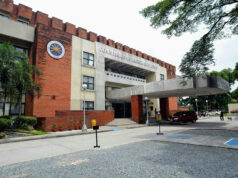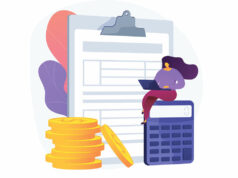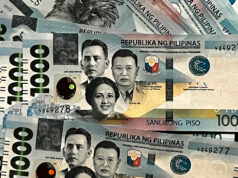In his book, Psychonomics: How Modern Science Aims to Conquer the Mind and How the Mind Prevails (2014), Eric Robert Morse dissects the various studies that show that the rational economic man (Homo Economicus), with full knowledge of supply and demand and an optimizing rationale in making decisions no longer exists as a construct. Irrationality and emotions can drive economic decisions, the premise of the economic behaviorists. These emotions include status anxiety, panic buying, and the endowment effect (putting more value in what you own).
Morse in his book restores the balance of rationality and re-evaluates the experiments conducted by the behaviorists on which the conclusions of recurring “irrationality” were based. These dealt with artificial choices offered to subjects, mostly students in universities where the professors of behaviorism worked. This bias did not adequately represent the bigger population. Morse as a scientist would have preferred field work and random sampling to include perhaps shopping malls. Still, the emotional content of economic decisions cannot be dismissed as merely irrational. Daniel Kahneman’s work considers the two sides of the brain in Thinking, Fast and Slow (2011). The fast thinking part involves instinct as when driving to work on a familiar route. The slow thinking involves reading a map (or following a GPS) to a new destination requiring analysis and evaluation.
Economists even before behaviorism took root, explained conspicuous consumption, and the increase in consumer spending during a bull market. When paper (and yet unrealized) profits pile up in one’s stock portfolio, the emotional feeling of the wealth effect sets in.
What if the stock market experiences a deep correction in a pandemic situation such as what we now have? Is there a pronounced preference for holding on to cash, or what’s left of it? Whining may arise from the usual prophets of doom who haven’t met any conspiracy and bad news (such a lot of it) they don’t want to shake hands with. Days’ receivables of supplier companies get longer. Even large corporations hang on to cash and stretch their payments to small suppliers like construction companies and consultants. Some of these will even be cut off as a way of right-sizing. This postponement, if not elimination, of the payment of bills results in having more cash on hand. Suppliers who hit back by requiring higher payments up front and requiring post-dated checks lose their competitiveness.
What about the impact of optimism even when recklessly embraced? Can a hoping mechanism be harnessed to restore faith in the economy? Even individuals going back to dine-in restaurants can contribute their hope dividend by foregoing senior or PWD discounts (the latter includes poor eyesight — I can’t read the bill) to help out a recovering enterprise.
Even the stock market, which thrives on hope, can acquire a wait-and-see attitude as investors take a breather, sipping their cafe latte at home. This caution usually follows the departure of hot money, when foreign investors are “net sellers,” as they have been for the last three months, opting for home markets which continue to set high recovery levels, driven by quantitative easing and almost flat interest rates. Should local investors plunge back in?
In the matter of hope, cheering on the sidelines can affect the game, as it surely does in basketball. (This spectator sport has been postponed too.) Hope is more easily understood in ballgames. Will it also work for the economy?
The social climber may be an object of scorn in the teleserye as she attempts to belong to the company of the wealthy, even if she can hardly afford cab fare or talk about art auctions and philately.
Still, the “new age” (remember that old-fashioned category?) motivational speakers will tell her webinar audience that “visioning” (imagine yourself in a condo unit in BGC) aspiring to belong to the rich, can be a self-fulfilling prophecy. Hope can be an engine for economic recovery. It also works for weight loss programs with a “before” and after” type of visioning.
A daily dose of good news (yes, in media) can start us believing that things are eventually going right. It may mean clearing away, for a week or so each month, investigations on improper distribution of wealth, talks of new lockdowns, and a waiting-in-the-wings third wave of the pandemic.
Maybe, it’s time to try optimism and a little bit of hope. These can be as contagious as the virus… and do not require hospital beds.
Tony Samson is Chairman and CEO, TOUCH xda.



